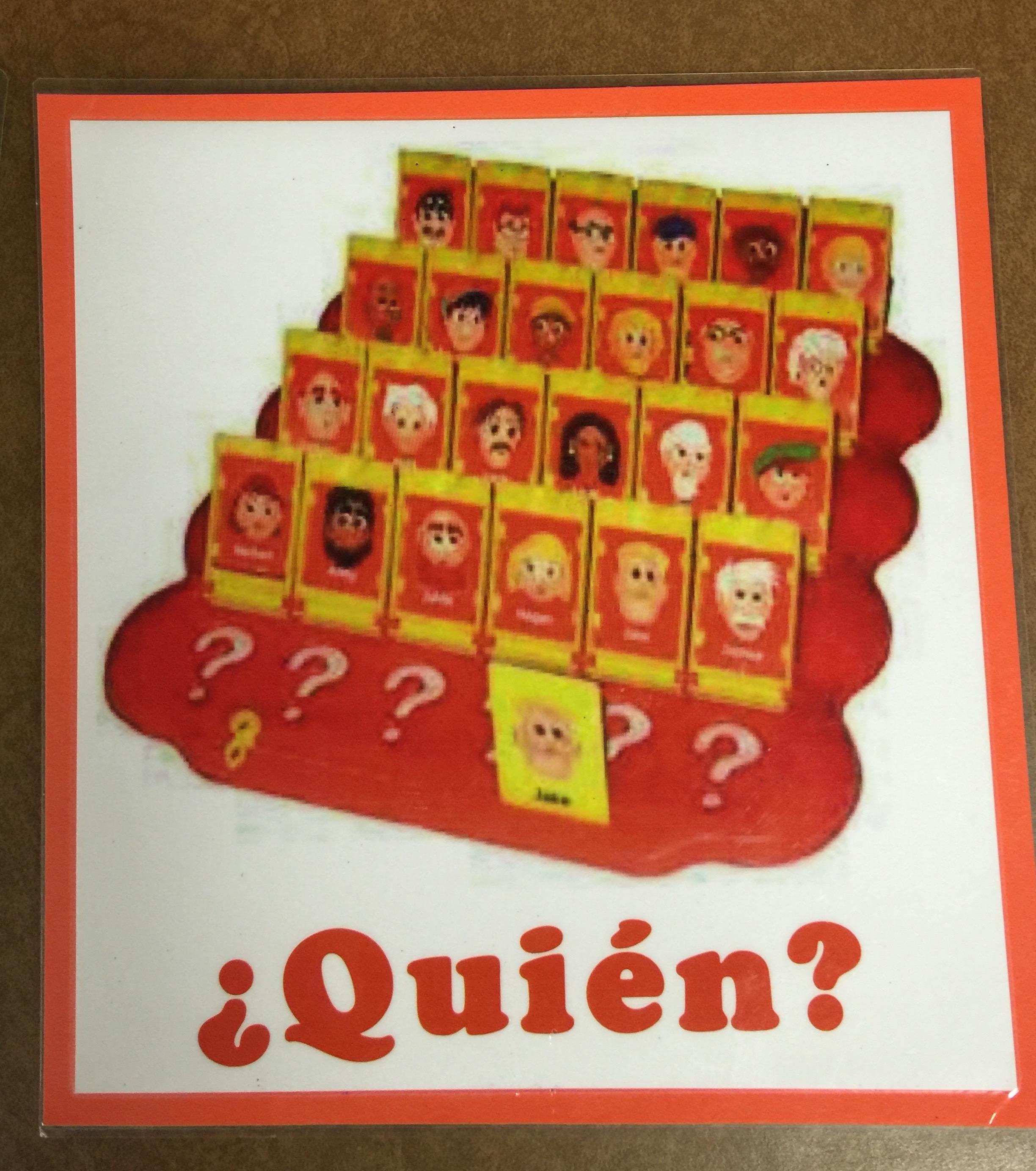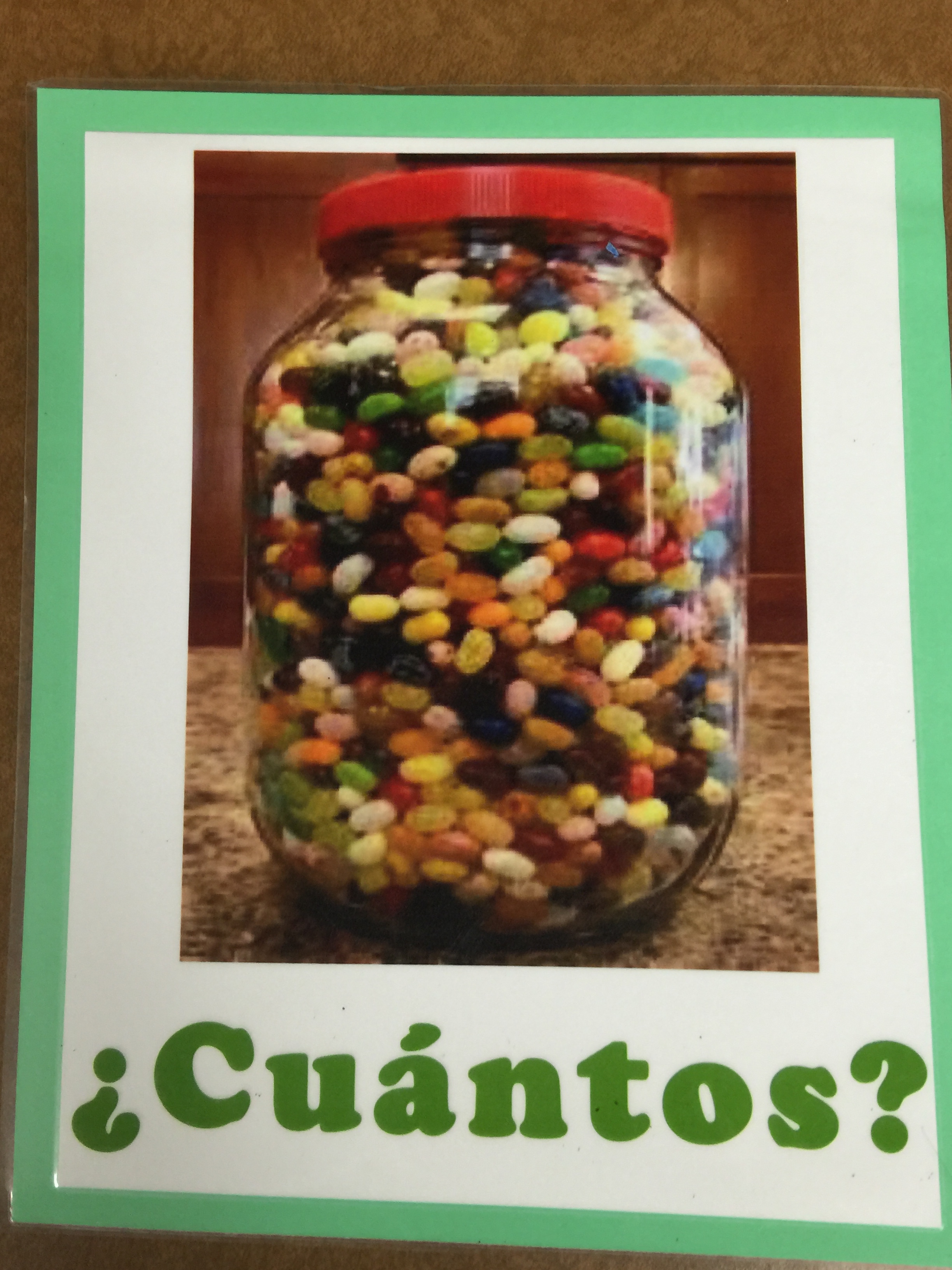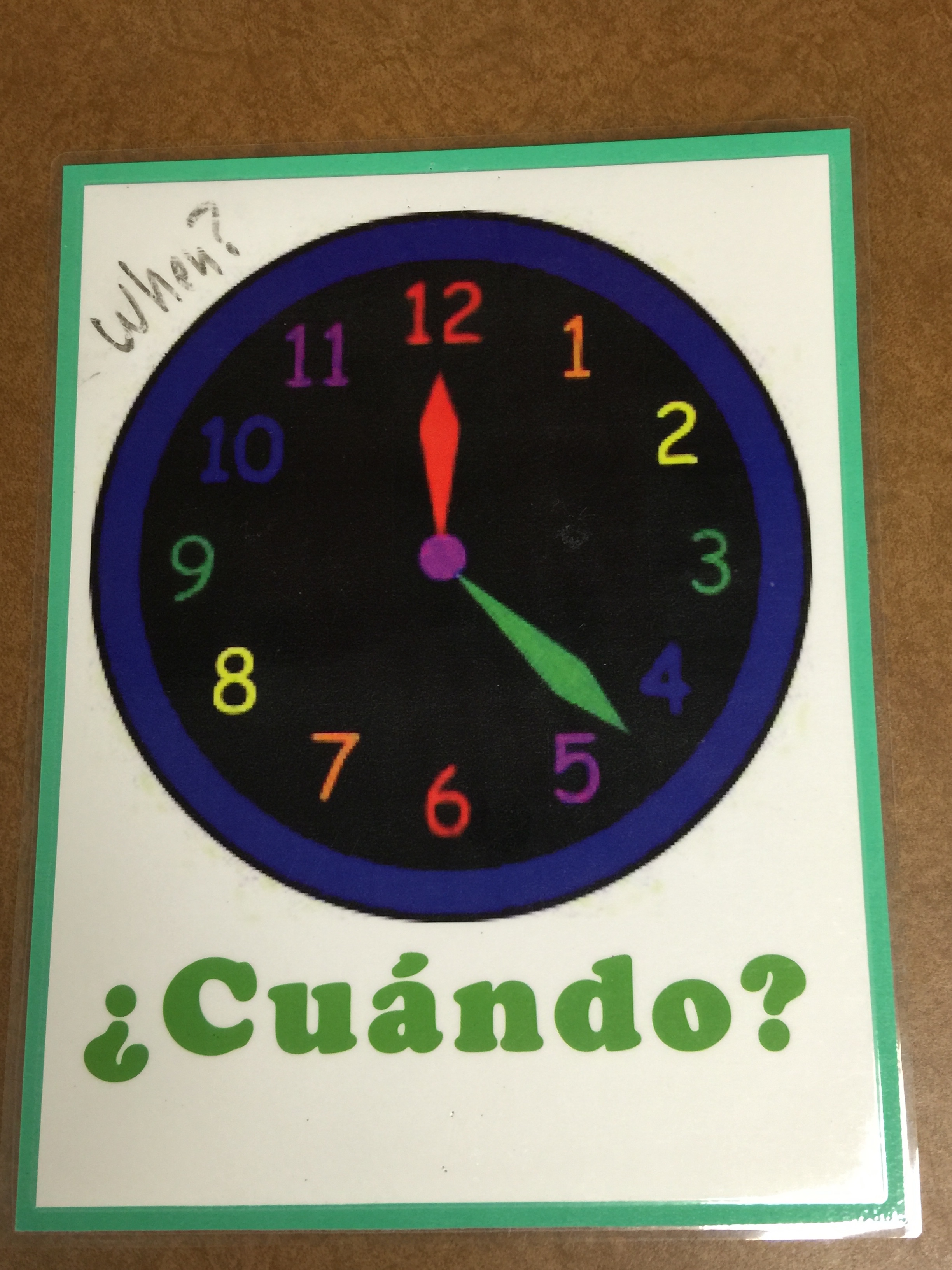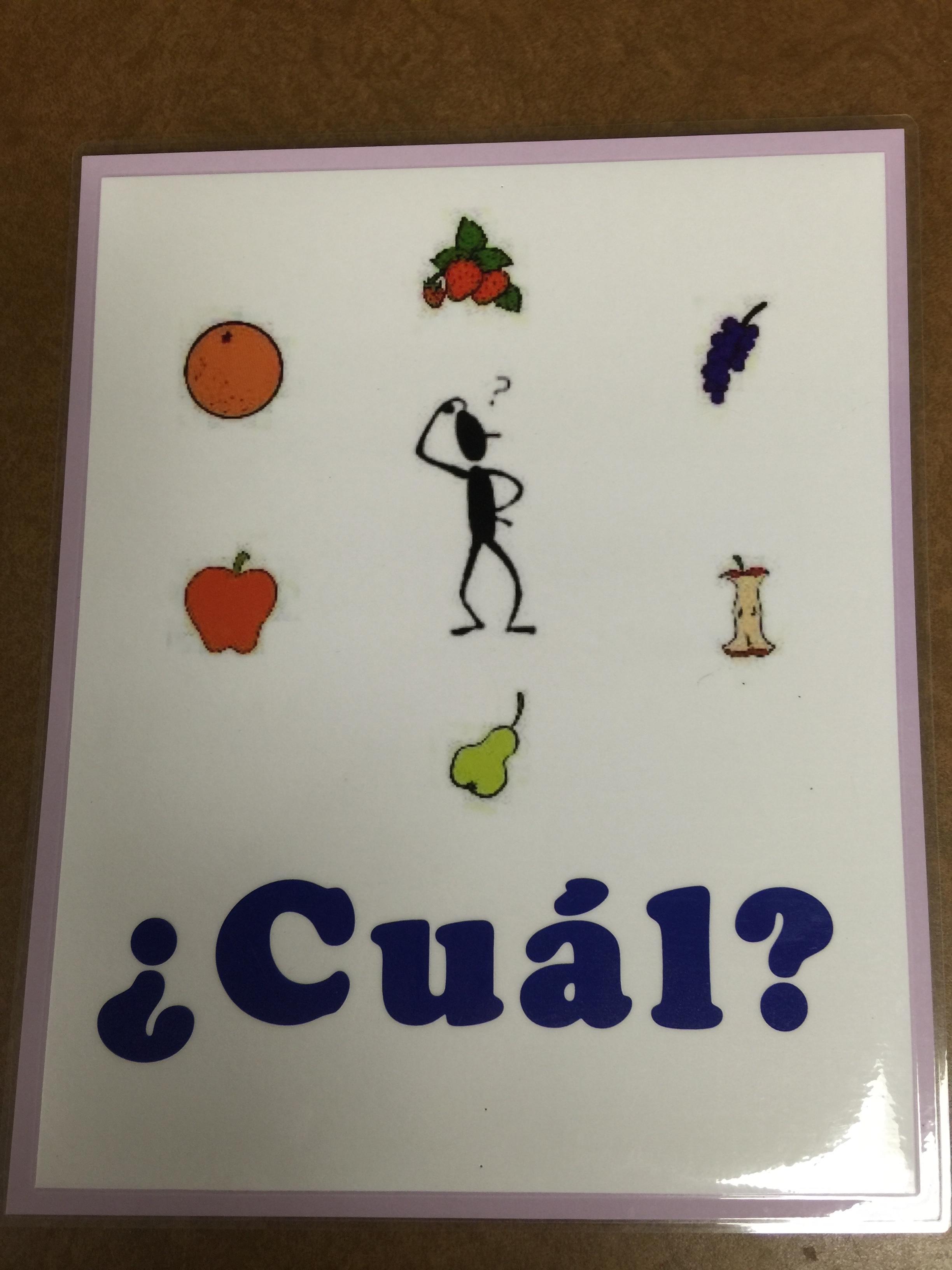I have yet to say "brush my teeth" en Español
/True statement. Although I have been studying Spanish for over 30 years, I have yet to use the verb cepillarse in an authentic context. I suppose I can see someday having to ask to buy a toothbrush if I forget mine while traveling. Maybe it isn't impossible to imagine that someone could ask what I was doing when the phone rang and I'd need to say, brushing my teeth. It just hasn't happened yet. Don't get me wrong, I used to conjugate the heck out of cepillarse with my students. I forced them (in the most creative ways) to tell me when (and where) they brushed their teeth.
I then realized that if I wanted our students to USE the language I needed to provide them the actual language structures they needed to communicate their messages. Often, these language structures are not present in text books.
Days of the week, weather, body parts and brushing teeth are not topics elementary nor high school students need at lower levels of proficiency. I was once (not long ago) asked to teach an entire unit on rooms in the house. Although I am encouraged by the rapid growth in the last few years of teachers moving toward teaching with Comprehensible Input methods, I still see blog posts, questions and tweets on how to teach colors and the daily routine. Also, I regularly hear veteran World Language consultants make jokes about word choice but the practice still continues. So, thanks to a new teacher in my district, I thought I'd share a few resources on how to get started teaching words that matter for our students.
Which words?
Listen to your students
It is a sure bet that one of my elementary students will say look (wanting to show me something) within the first week of class. So, they learn mira. Other common language structures for my little ones include: Can we? and I didn't do it. My high school students require a slightly different vernacular: What are we doing today?, I wasn't here or can you please sign this?
Use these lists
Top 200 words in Spanish used by Denver Public Schools
Top 400 words in Spanish by Bryce Hedstrom
Question words are crucial
Buy this dictionary
This dictionary provides a list of the 5, 000 most frequently used words in the language and their level of frequency. This is super helpful as research has shown that the 1, 000 most frequent words account for 75-85% of speech. My elementary school bases much of their entire curriculum on the top 120 words (mostly verbs) spread out over six years.
Note: cepillarse doesn't even make the top 5, 000.









